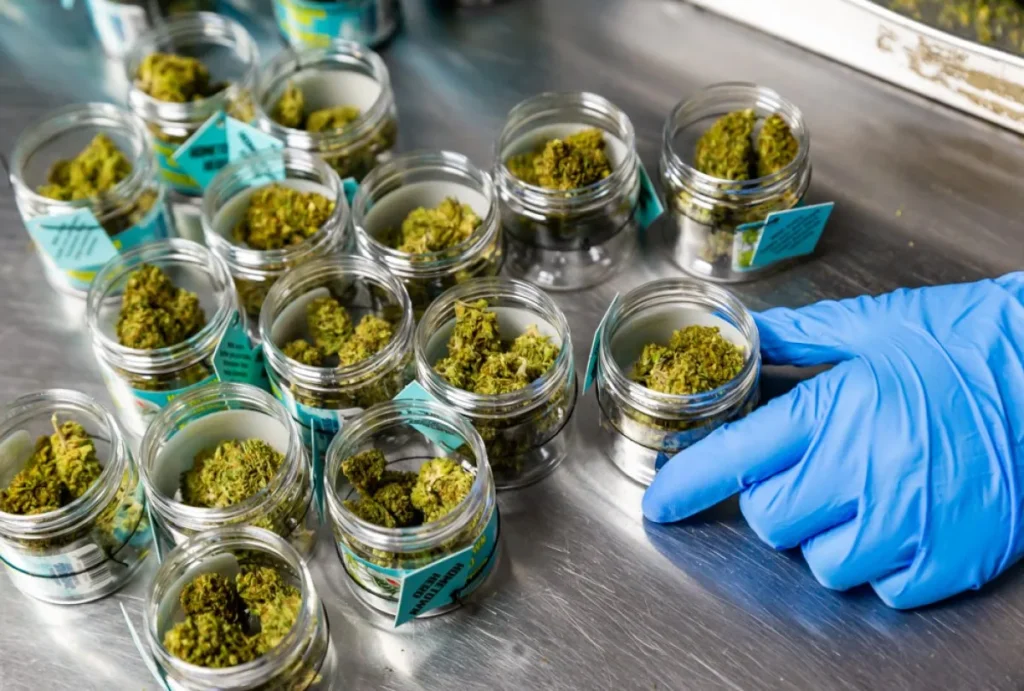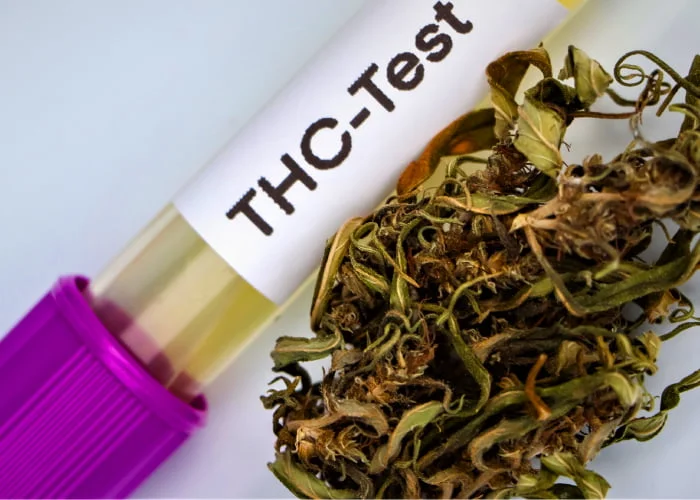How To Convert Delta 8 To Delta 9
Delta-8 and Delta-9 THC are both cannabinoids found in the cannabis plant, sharing similar properties but differing in key aspects like potency, legal standing, and user preference. While Delta-9 THC is known for its potent psychoactive effects, Delta-8 THC is often considered a gentler alternative. The transformation of Delta-8 into Delta-9 involves a chemical process that alters the cannabinoid’s molecular structure, usually carried out in controlled lab environments.
Understanding Delta-8 and Delta-9 Chemistry
Although Delta-8 and Delta-9 THC are isomers—sharing the same chemical formula—they differ in the arrangement of their atoms. This structural difference lies in the positioning of a double bond in the carbon chain. In Delta-8, the bond is on the eighth carbon, while in Delta-9, it is on the ninth. This variation allows for the conversion of Delta-8 into Delta-9 THC.
This conversion process is particularly relevant in areas where Delta-8 is more accessible or faces fewer legal restrictions. However, it requires expertise in chemistry and specialized equipment to ensure safe and precise conversion.
Converting Delta-8 THC to Delta-9 THC involves a chemical reaction known as isomerization. This process rearranges the molecular structure of the compound to achieve the desired configuration. The process generally requires a catalyst, often an acid, to facilitate the rearrangement.
The cannabis extract containing Delta-8 THC is first dissolved in a suitable solvent, such as ethanol or heptane. An acid catalyst, like p-toluenesulfonic acid (p-TSA) or hydrochloric acid, is then introduced to the solution. Under controlled conditions, the acid induces the isomerization of Delta-8 THC into Delta-9 THC.

Conversion Process and Challenges
Once the reaction has been completed, the mixture is neutralized to halt further reactions. Neutralization is commonly done with a base like sodium bicarbonate. The solution is then thoroughly washed and purified to eliminate any remaining solvents, acids, or byproducts. To ensure the final product is pure and free of contaminants, advanced techniques such as chromatography are often employed.
Challenges and Risks
Although the conversion of Delta-8 to Delta-9 THC may seem straightforward, it involves several challenges and risks. The reaction must be closely monitored to prevent the formation of unwanted byproducts, such as other cannabinoids or degraded substances. Careful regulation of temperature, pH, and reaction time is critical to achieving a high yield of Delta-9 THC without compromising safety or quality.
Working with chemical reagents is another key concern. Acids and solvents require precise handling and adherence to safety protocols, as improper use can pose significant hazards. Moreover, the disposal of chemical waste must be managed in accordance with environmental regulations to avoid environmental harm.
Legal and Ethical Considerations
The legality of Delta-8 and Delta-9 THC can vary widely by jurisdiction. Delta-8 THC, often derived from hemp, may be legal in some regions under specific conditions, while Delta-9 THC is usually subject to more stringent regulations. Converting Delta-8 to Delta-9 THC could potentially breach legal restrictions, even in areas where Delta-8 is allowed.
It is crucial for businesses or individuals considering this conversion to consult legal experts to ensure compliance with local and federal laws. Ethical considerations must also be addressed, particularly in product labeling and consumer transparency. Any product resulting from this process should be accurately labeled to reflect its contents and potency.
Applications of the Conversion
Converting Delta-8 to Delta-9 THC offers new possibilities within the cannabis industry. It enables manufacturers to meet the demand for Delta-9 THC in regions where it is legally allowed, potentially reducing reliance on cannabis plants as the exclusive source. Additionally, this conversion allows for the creation of customized cannabinoid profiles in products, providing consumers with a tailored experience.
However, due to the complexity of the process, such applications are generally reserved for licensed labs or manufacturers with the necessary expertise and resources to conduct the conversion safely and ethically.
Conclusion
The conversion of Delta-8 THC to Delta-9 THC represents an exciting frontier in cannabis innovation. While it holds promise for industry advancement, the process requires precision, knowledge, and adherence to safety and legal guidelines. For individuals and businesses venturing into this area, partnering with qualified professionals and ensuring legal compliance are essential for success in the ever-evolving cannabis market.





